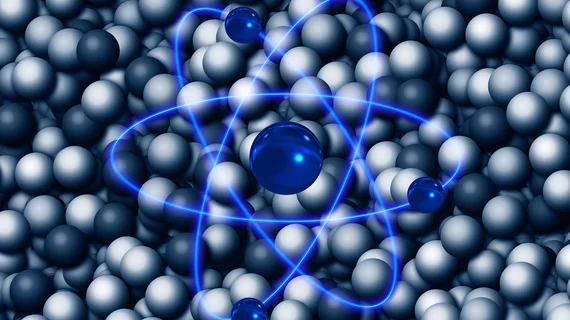Mo-99 supplier reaches ‘major milestone’ in non-uranium-based production
Backed with financial support and technical prowess from the U.S. Department of Energy, NorthStar Medical Radioisotopes has shown it can produce, at scale, a critical nuclear imaging radiotracer without using highly enriched uranium.
The Beloit, Wis.-based company announced Jan. 11 that its approach to electron acceleration demonstrated potential to almost double NorthStar’s capacity for producing the medical imaging must-have molybdenum-99 (Mo-99).
The project’s success “validates proof of concept for large-scale U.S. Mo-99 production without the use of uranium,” NorthStar says.
Mo-99 is the parent radioisotope of technetium-99m (Tc-99m), which is used to diagnose health conditions in more than 40,000 U.S. patients a day, the company notes.
NorthStar says output from the newly validated method will augment rather than replace the company’s work with the University of Missouri Research Reactor. That collaboration has been producing Mo-99 for some time.
Meanwhile the DOE’s National Nuclear Security Administration (NNSA) is involved as part of its intention to increase domestic production of Mo-99 without using highly enriched uranium.
NorthStar used its recently completed accelerator production site to ramp up the new capability.
The company’s president and COO, Frank Scholz, PhD, says the facility awaits fully operational status as well as licensing. Once those steps are finished, NorthStar will be able to meet close to 40% of U.S. demand for Mo-99, Scholz adds.
“This is particularly important given that the historically fragile overseas Mo-99 supply chain remains fraught with shortages,” Scholz says. The imbalance between supply and demand “under[scores] the continued need for domestic, reliable, non-uranium based Mo-99 supply for the United States.”
Full announcement here.

